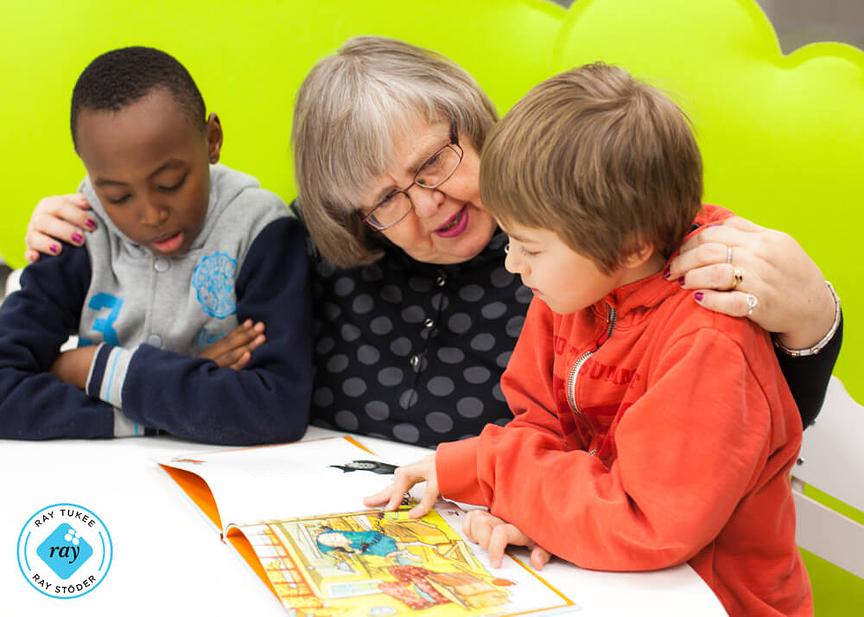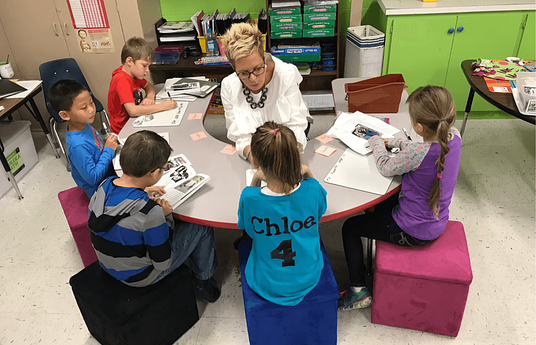Reading is one of the most fundamental life skills. Reading proficiency encompasses a range of different aspects, with comprehension and technical reading skills at its core.
Many countries have witnessed a decline in children's comprehensive reading skills. This should be addressed in and outside of school. Poor reading skills negatively impact a child's school success andeducation choices,can limit career options or even cause exclusion from working life.
Globalization and international mobilization have increased the number of students from immigrant backgrounds. For these students, learning the language can play a crucial role in their schoolwork, sense of inclusion in the school and integration into society.
One solution to the issue of declining reading skills is to recruit and trainReading Grandmas and Grandpas, whosupport students struggling with reading.This model presents a framework to support reading skills from an early age with senior support.
Trained Reading Grandmas and Grandpas are happy to help teachers and improve students' reading skills,visiting schools for half a lesson to read with the children. During these sessions children and seniors read and discuss a variety of books, including both fiction and nonfiction.
The sessions are designed mainly for those struggling the most and in need of additional support.Reading Grandmas and Grandpas are highly trained in researched reading techniques relating to reading fluency and learning new vocabulary. During these sessions, the Reading Grandmas and Grandpas give their undivided attention to the child, providing encouragement and perhaps even sparking a life long interest in reading.
This innovation has been adopted by over 60 schools in Finland.




